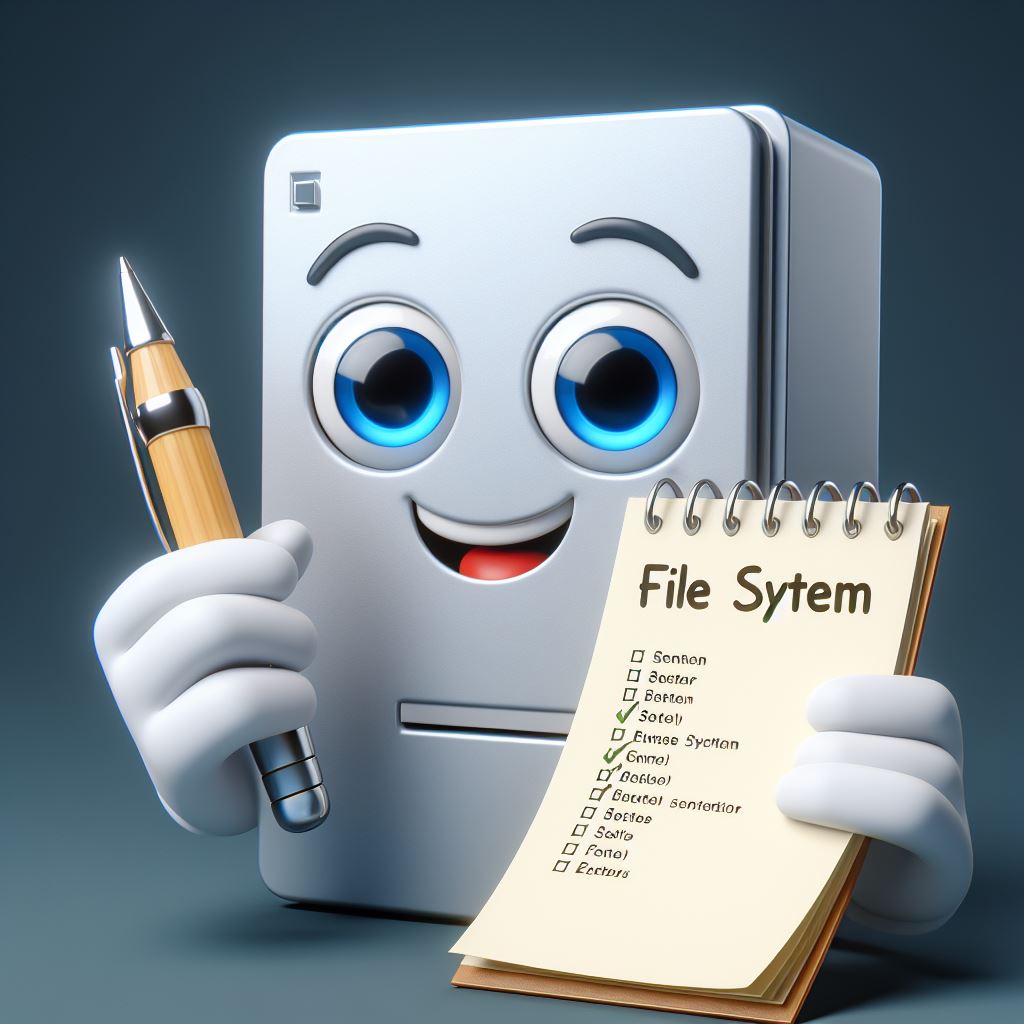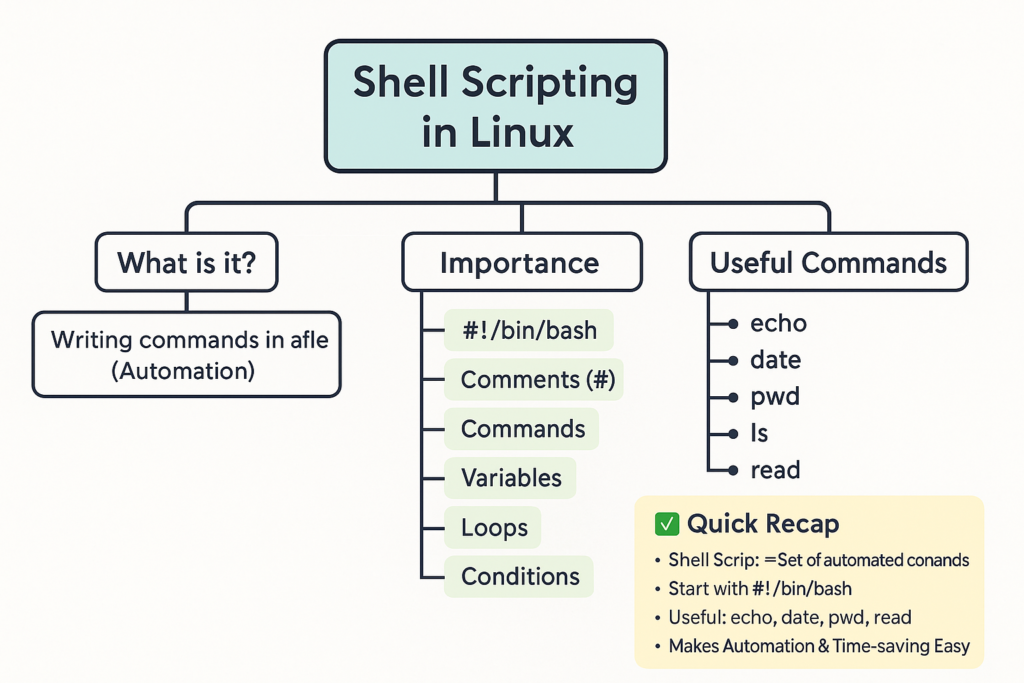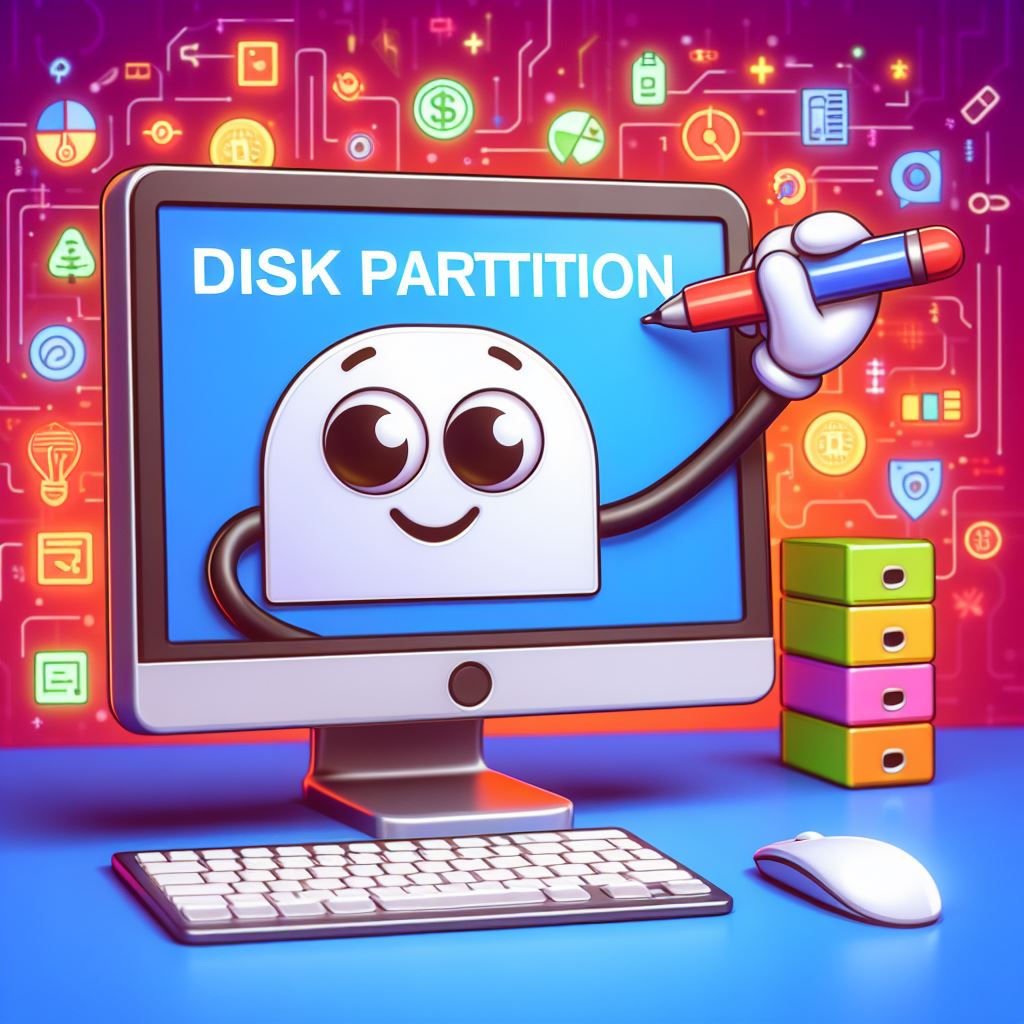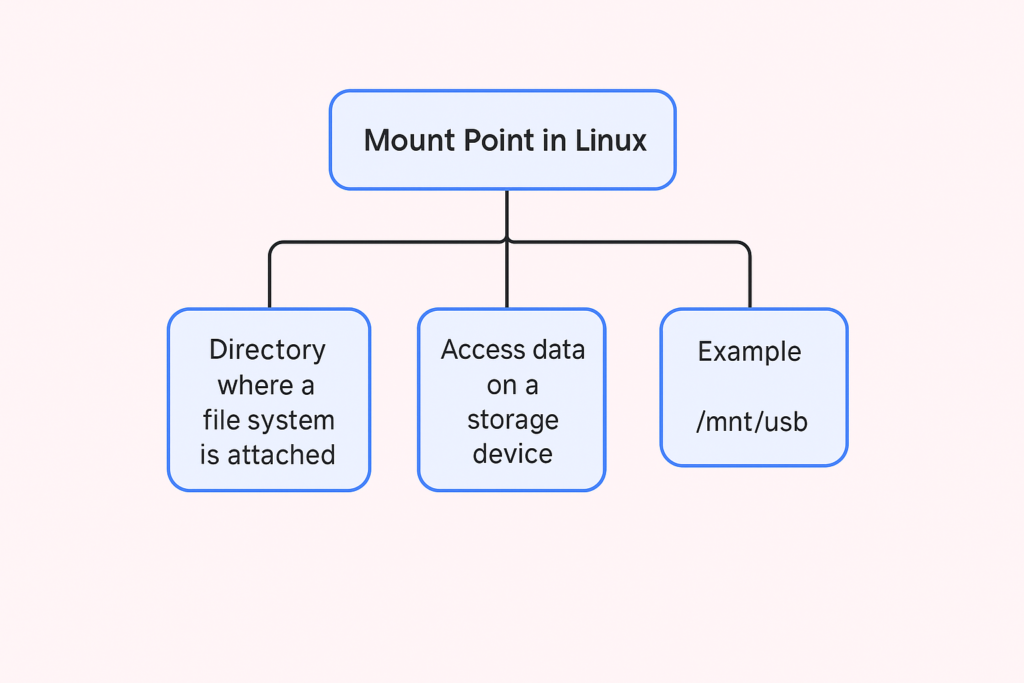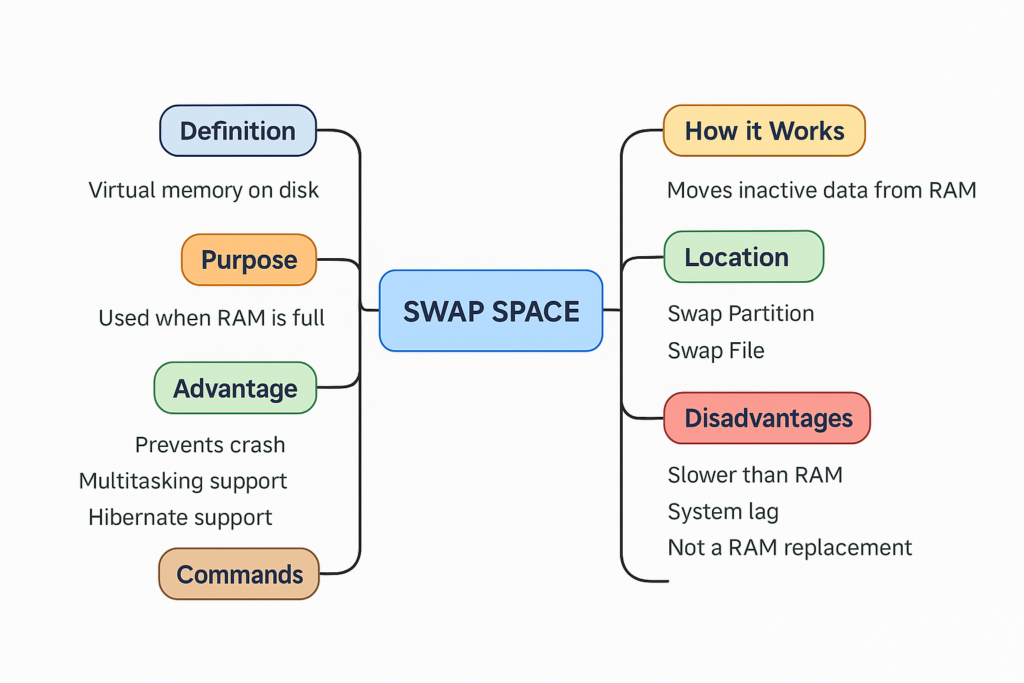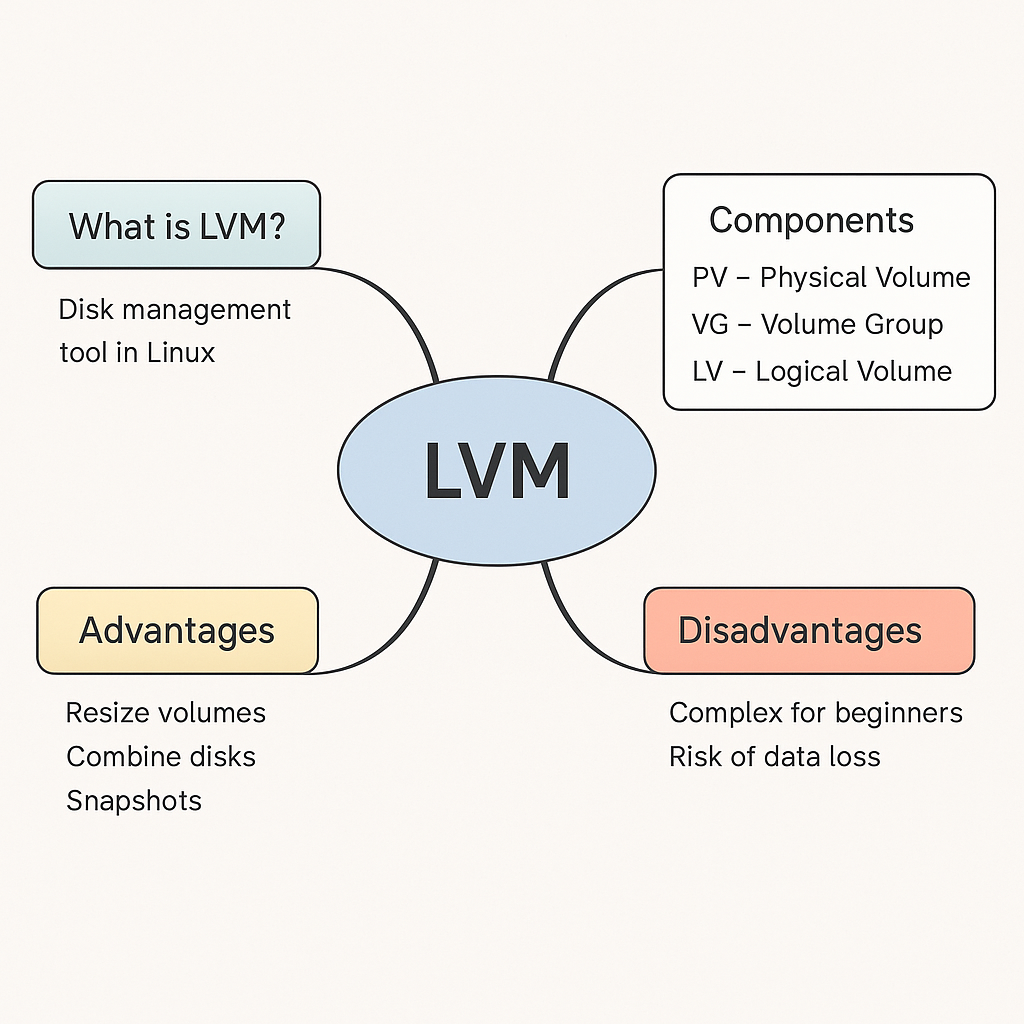Posted inInternet and Networking
What is Net Banking?||Net Banking क्या होता है?
📚 Introduction (Easy Language) What is Net Banking?Net Banking is also called Internet Banking. It means using the internet to access banking services like checking balance, transferring money, paying…




